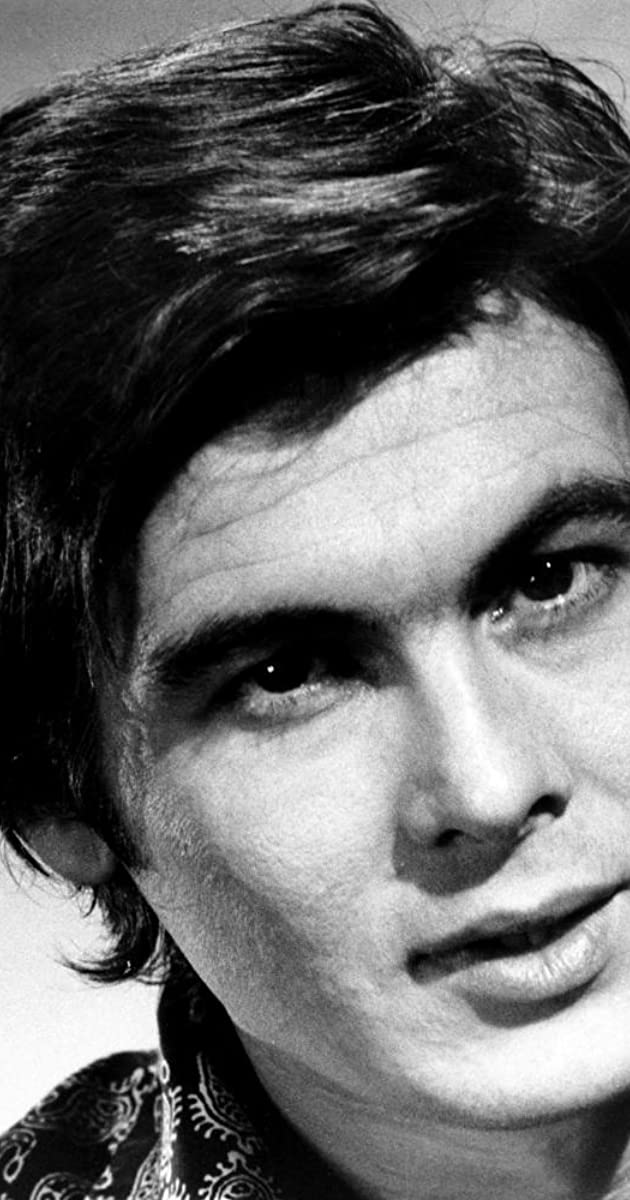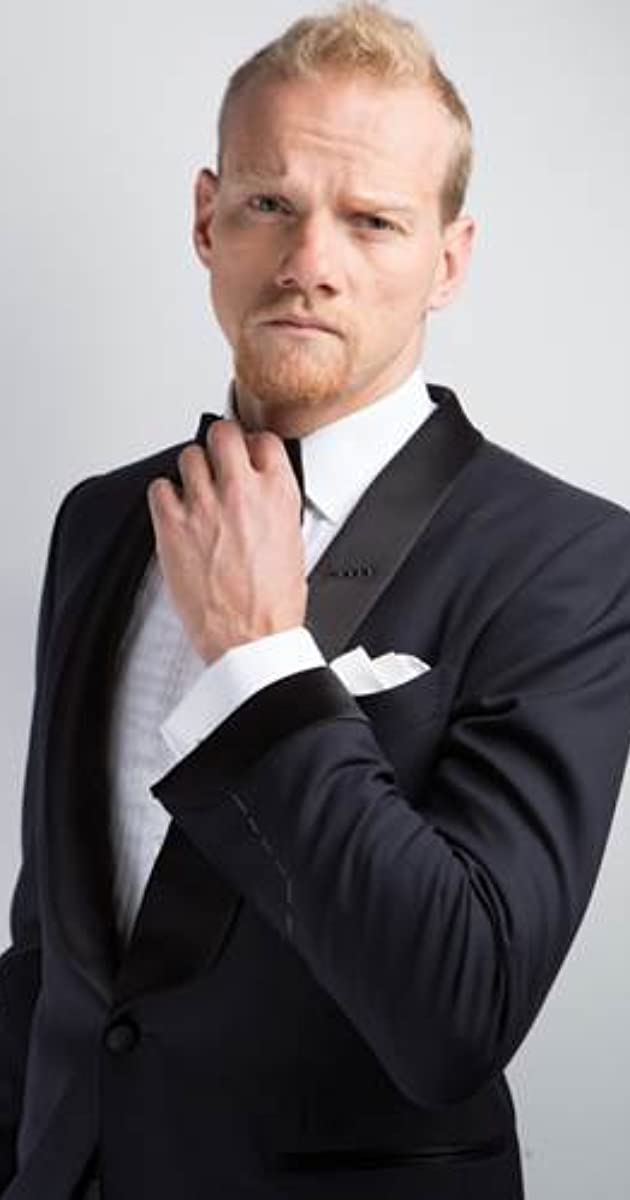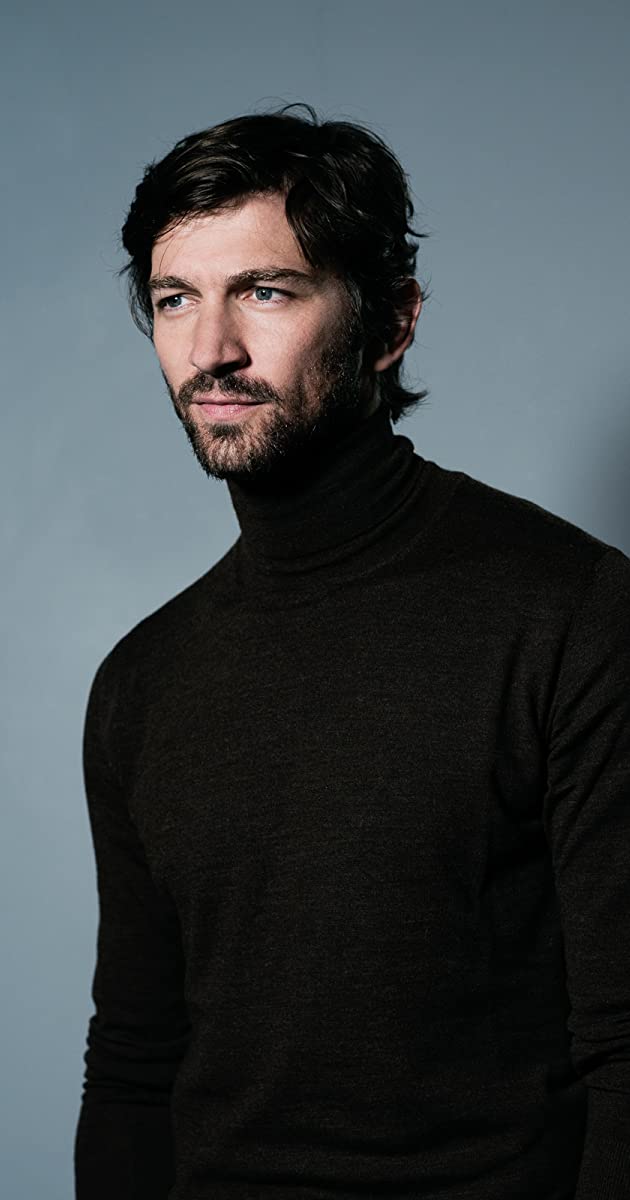
Christopher Jones was a brief cult star of the late ’60s counterculture era and a would-be rebel successor to James Dean had he wanted it. Born William Franklin Jones amid rather impoverished surroundings to a grocery clerk in Jackson, Tennessee, in 1941, his artist mother had to be institutionalized when Chris was 4. She died in a mental facility in 1960, and this was always to haunt him. He shifted back and forth between homes and orphanages and was placed in Boys Town at one point to straighten out his life.
Chris joined the service as a young adult but went AWOL just two days later. After serving out his time on Governor’s Island for this infraction, he moved to New York and studied painting, meeting a motley crew of actors and artists. Friends were startled by his moody nature and uncanny resemblance to the troubled Dean and he was encouraged to audition for the Actors Studio. He was accepted and eventually won the Broadway role of Pancho in “The Night of the Iguana” in 1961. Chris wound up marrying acting coach Lee Strasberg’s daughter, Susan Strasberg, in 1965, but his erratic behavior would send her packing after three years and two children.
Chris’s brooding good looks and undeniable charisma led him straight to Hollywood and, following a few TV episodic parts, earned the title film role of Chubasco (1968) co-starring then-wife Susan. He then earned cult stardom in Wild in the Streets (1968) as Max Frost, a rock star who becomes president. This popular satire, in turn, led another movie satire as the college boy Lothario in the interracial sex triangle Three in the Attic (1968) and such distinguished international projects as The Looking Glass War (1970), Jardines de España (1957) and Ryan’s Daughter (1970). But the trappings of success quickly got to him.
Numerous entanglements with the Hollywood “in crowd” eventually took their toll, including those with Pamela Courson (Jim Morrison’s girlfriend at the time), the ill-fated Sharon Tate, one-time co-star Pia Degermark, and Olivia Hussey. Not only did his volatile relationships with directors also leave him depressed, but his personal life remained in constant turmoil. Morrison’s early drug-related death and Tate’s particularly brutal murder hit him particularly hard and led to a breakdown.
Chris split the Hollywood scene altogether to regain himself but instead ended up a victim of the Sunset Strip drug culture for a time. He eventually cleaned up his act and two subsequent relationships led to five more children. He also turned to painting and sculpting as creative outlets and lived the Southern California beach scene. Little was heard until decades later when Quentin Tarantino offered him a part in Pulp Fiction (1994). The now reclusive and eccentric Jones turned down a role in that, but later decided to take on a cameo part in friend Larry Bishop’s crime comedy-drama Trigger Happy (1996) a couple of years later. This proved to be his only return to acting. Chris died of gall bladder cancer in 2014 at age 72.


